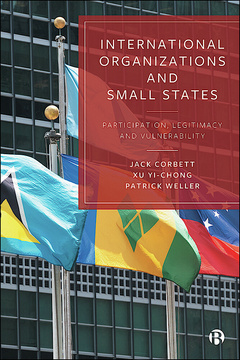Published
Feb 24, 2025Page count
256 pagesISBN
978-1529241334Dimensions
234 x 156 mmImprint
Bristol University PressPublished
Feb 24, 2025Page count
256 pagesISBN
978-1529241341Dimensions
234 x 156 mmImprint
Bristol University PressPublished
Feb 24, 2025Page count
256 pagesISBN
978-1529241341Dimensions
234 x 156 mmImprint
Bristol University PressThe European Court of Human Rights depends on the good faith cooperation of its members to implement judgement and maintain legitimacy, but how this translates into compliance varies both across and within states. This book presents an innovative framework for understanding how local cultures dynamically shape states’ ideas about what is and is not legitimate in international human rights regimes.
The book investigates compliance as a product of cultural politics. Case studies from the United Kingdom, Germany, and Croatia reveal how states rely on local understanding of human rights and law to deal not only with compliance ‘sticking points’ but also to evaluate the legitimacy of the European human rights system as a whole.
Zoë Jay is Postdoctoral Researcher at the Centre of Excellence in Law, Identity and the European Narratives (EuroStorie) in the Centre for European Studies at the University of Helsinki.
Introduction
1.Compliance and the Origins of Legitimacy in International Law
2.Legitimacy as Local Knowledge: Human Rights in Cultural Context
3.A History of Compliance and Obligation in the European Human Rights System
4.The United Kingdom: The Superior British Approach to Rights
5.Germany: Memory, Transformation, and Openness to International Law
6.Croatia: The Cultural Politics of Rights between Cooperation and Independence
Conclusion












